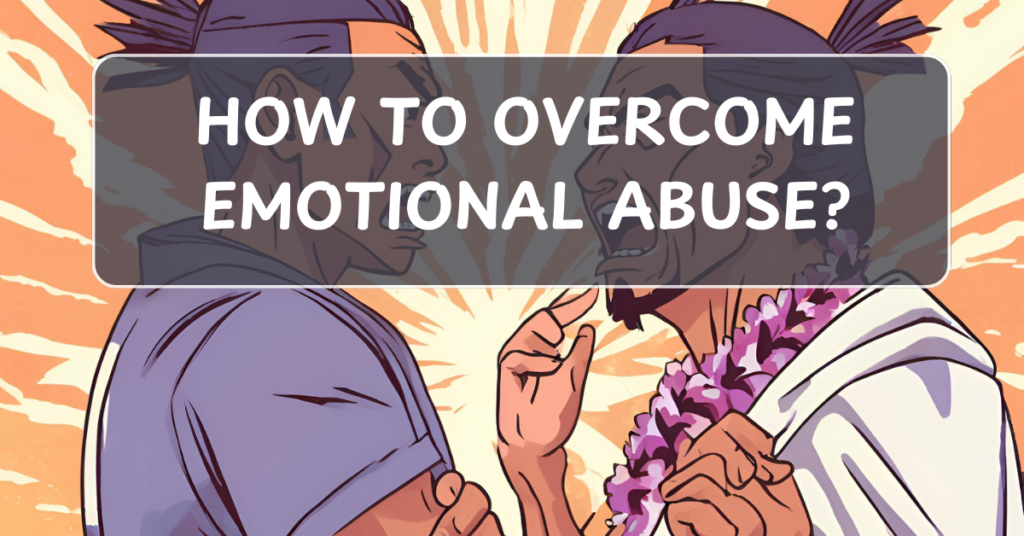
Dealing with an emotional abuser can feel overwhelming, but it’s important to remember that you have the power to take control of your life and break free from their harmful behavior. Emotional abuse often involves manipulation, criticism, control, and other tactics meant to undermine your confidence and independence. Beating an emotional abuser doesn’t mean engaging in conflict or retaliation—it’s about reclaiming your strength, setting boundaries, and protecting your well-being.
Steps to Overcome Emotional Abuse
1. Recognize the Signs
Understanding emotional abuse is the first step toward overcoming it. Common signs include:
- Constant criticism or belittling.
- Gaslighting (making you question your reality or memory).
- Isolation from friends and family.
- Controlling behavior or threats.
- Unpredictable mood swings.
Awareness helps you identify the problem and begin to take action.
2. Trust Your Intuition
Emotional abusers often make you doubt yourself. Trust your feelings and instincts. If something feels wrong or unhealthy, it likely is.
3. Set Firm Boundaries
Communicate clear boundaries and stick to them. For example:
- “I will not tolerate being insulted or belittled.”
- “If you raise your voice, I will end the conversation.”
- “I need time to spend with my friends and family without interference.”
Boundaries protect your emotional space and help you reclaim control.
4. Seek Support
You don’t have to face this alone. Reach out to:
- Trusted Friends or Family: Share your experiences and lean on their support.
- Therapists or Counselors: Professional guidance can help you process your emotions and develop coping strategies.
- Support Groups: Connecting with others who’ve been through similar situations can provide validation and strength.
5. Document the Abuse
Keeping a record of abusive incidents can help you gain clarity about the situation. Write down details of what was said or done, how you felt, and the context. This can also be useful if you need to seek legal or professional help.
6. Rebuild Your Self-Esteem
Emotional abuse often erodes self-worth. Work on rebuilding your confidence by:
- Affirmations: Remind yourself of your strengths and value.
- Pursuits You Enjoy: Engage in hobbies, work, or social activities that make you feel fulfilled.
- Self-Care: Prioritize your mental and physical health through rest, exercise, and mindfulness.
7. Limit Contact (If Possible)
If the abuser is someone you can distance yourself from—such as a friend, coworker, or ex—minimize or cut off contact entirely. For situations where contact is unavoidable (e.g., co-parenting), keep interactions brief and focused on necessary topics.
8. Consider Professional Help for the Abuser
While it’s not your responsibility to fix them, some abusers may benefit from therapy or intervention. However, meaningful change requires their willingness to seek help and take accountability.
9. Know When to Walk Away
In some cases, the only way to overcome emotional abuse is to leave the relationship entirely. This can be difficult, especially in close relationships, but your safety and well-being must come first.
Key Takeaways
- Emotional abuse is about control, and the most effective way to beat it is by reclaiming your power.
- Focus on healing, setting boundaries, and building a support system.
- You deserve respect, kindness, and love in your relationships.
Resources for Support
If you’re experiencing emotional abuse and need help, consider reaching out to a local counselor, support hotline, or advocacy group. Taking the first step is an act of courage that can lead to freedom and healing.
Remember: You are not alone, and help is available. You have the strength to overcome this and build a better, healthier future.


